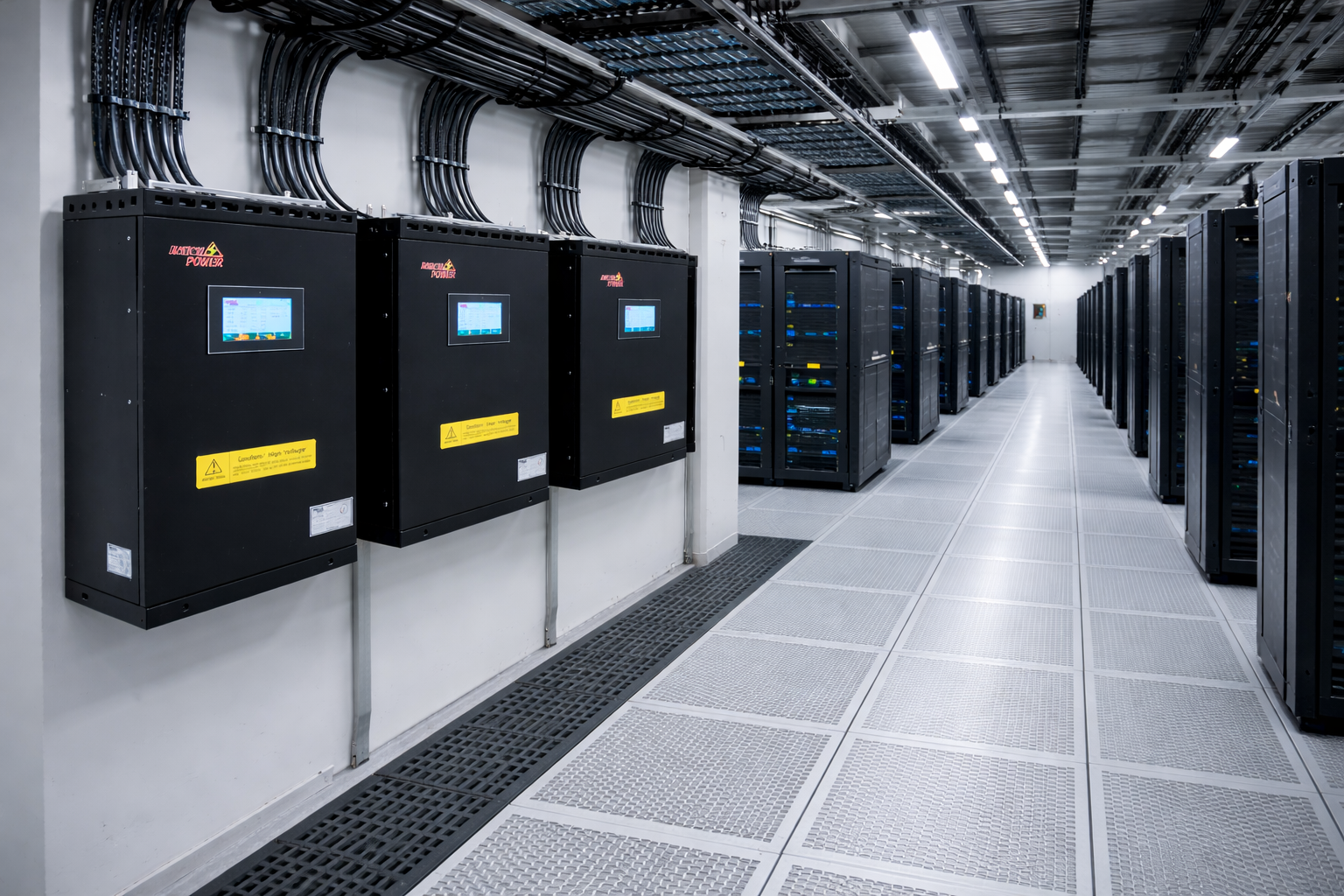Both active harmonic filters (AHFs) and passive harmonic filters have their advantages and are suitable for different applications. The choice between the two depends on the specific requirements and characteristics of the electrical facility. Here are some reasons to use an active harmonic filter instead of a passive filter:
1- Dynamic Compensation: Active harmonic filters are capable of dynamic compensation, meaning they continuously monitor the harmonic currents and voltages in real-time. They can adapt to changing load conditions and harmonic profiles, providing more precise and effective harmonic mitigation over a wide range of operating conditions. On the other hand, passive filters are fixed and tuned to a specific set of harmonic frequencies, making them less flexible when dealing with varying loads.
2- Higher Harmonic Attenuation: Active harmonic filters can mitigate a broader range of harmonic frequencies compared to passive filters. Passive filters are typically effective in addressing specific harmonic orders but may not provide sufficient attenuation for higher-order harmonics. AHFs, on the other hand, can handle multiple harmonic orders simultaneously, making them more effective in complex harmonic environments.
3- Power Factor Improvement: Active harmonic filters can provide power factor correction in addition to harmonic mitigation. By controlling the injected currents, AHFs can improve the power factor and bring it closer to unity, helping to reduce reactive power charges and improve overall energy efficiency. Passive filters, however, do not offer power factor correction capabilities.
4- Compact Size and Weight: Active harmonic filters are generally more compact and lighter than passive filters, making them easier to install, especially in retrofit applications. Passive filters may require large and heavy components, taking up more space and potentially requiring additional structural support.
5- No Resonance Issues: Passive filters can sometimes introduce resonance issues in the electrical system due to their reactive nature. These resonances can cause voltage amplification and lead to unexpected equipment failures. Active harmonic filters do not introduce resonance problems since they can be designed to have minimal reactive power flow.
6- Fast Response Time: Active harmonic filters respond rapidly to changes in harmonic conditions and load variations, providing immediate compensation. Passive filters may have slower response times, and their effectiveness can be limited in dynamic environments.
7- Enhanced Reliability: Active harmonic filters are less susceptible to environmental conditions (e.g., temperature variations) and aging effects that can impact the performance of passive filter components. This enhanced reliability can lead to longer service life and reduced maintenance requirements.
It's essential to consider the specific requirements and characteristics of the electrical facility, including the harmonic profile, load variations, available space, and budget when choosing between active and passive harmonic filters. In some cases, a combination of both types may be employed to achieve optimal harmonic mitigation and power quality improvement.




.png)


